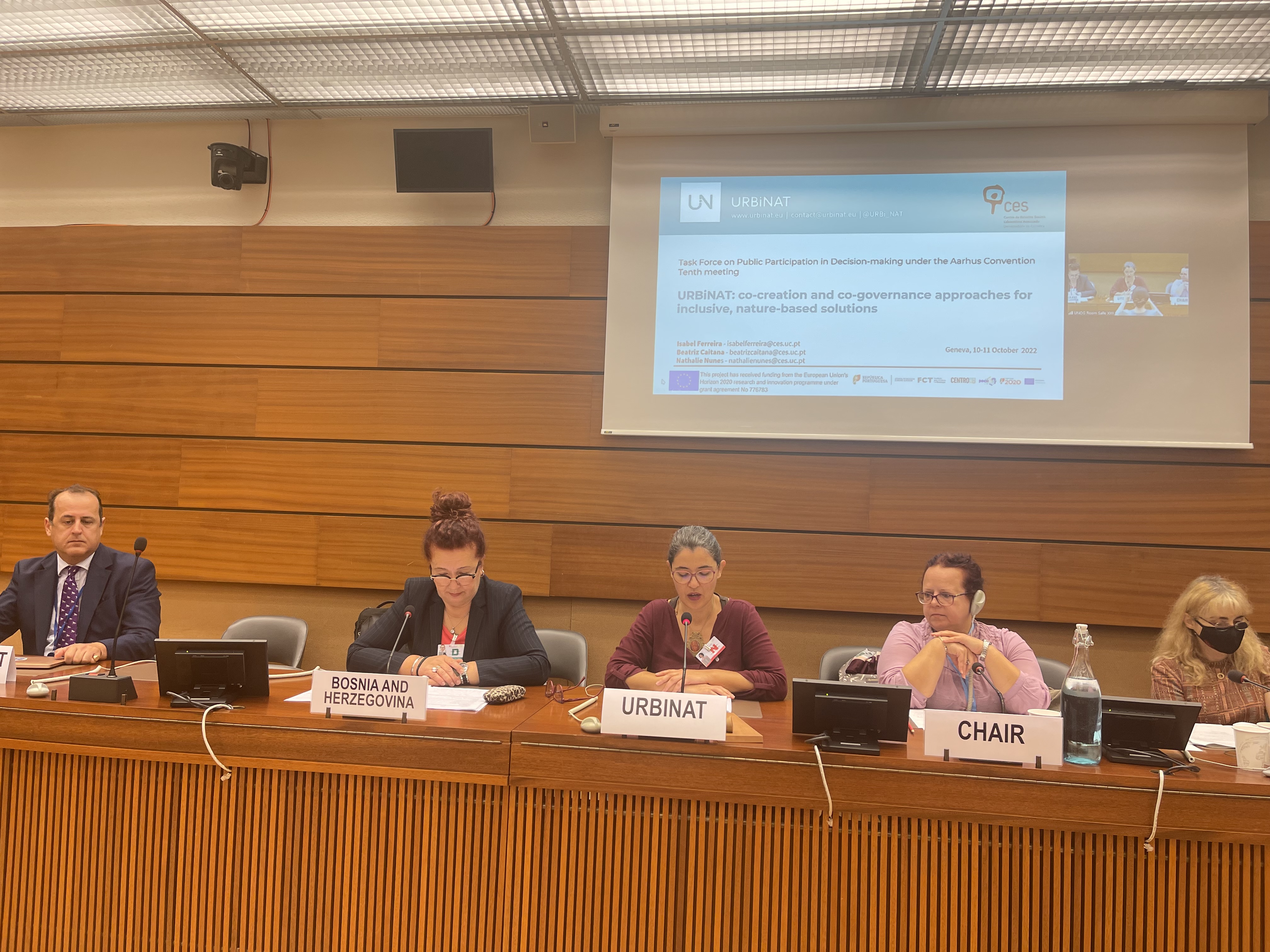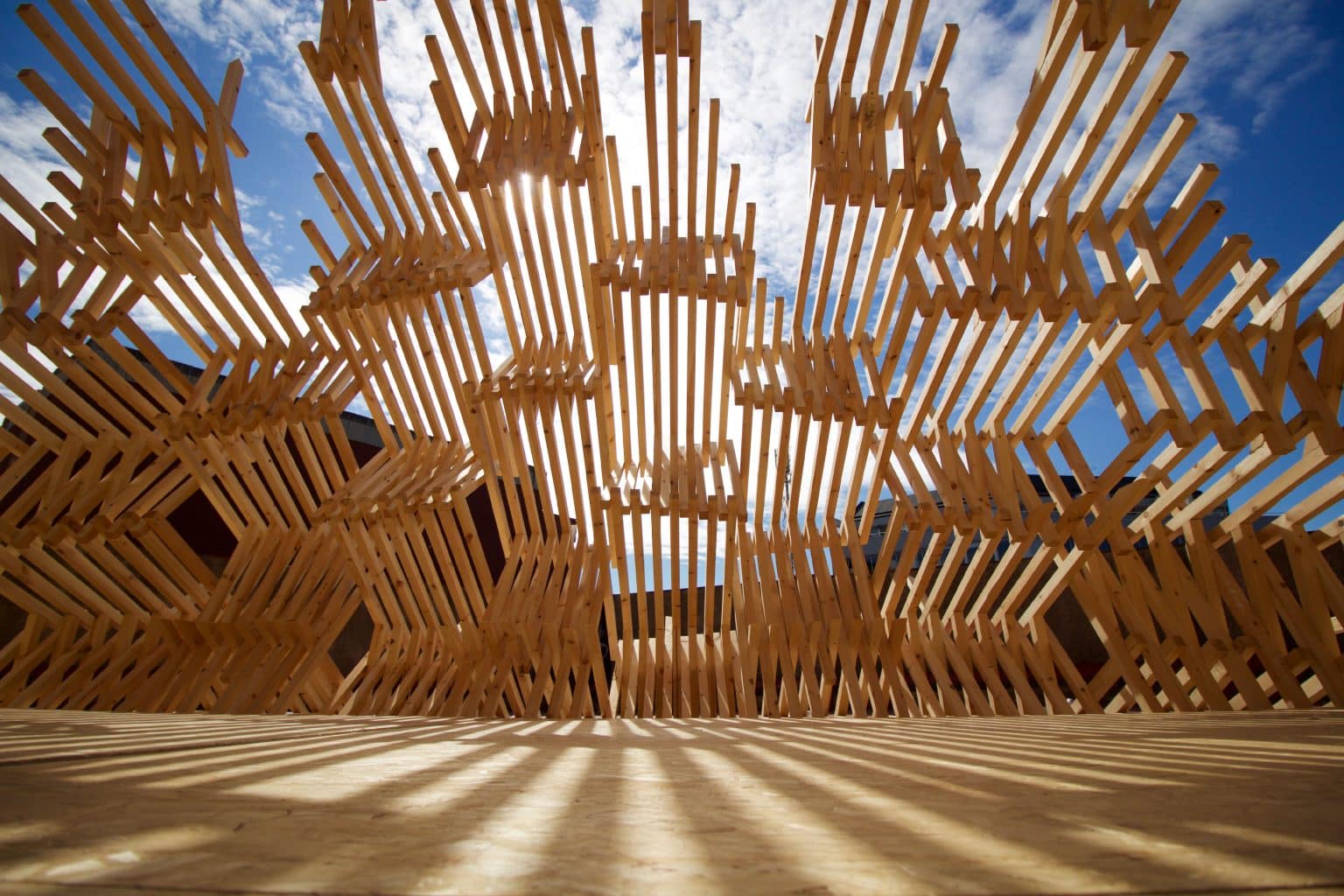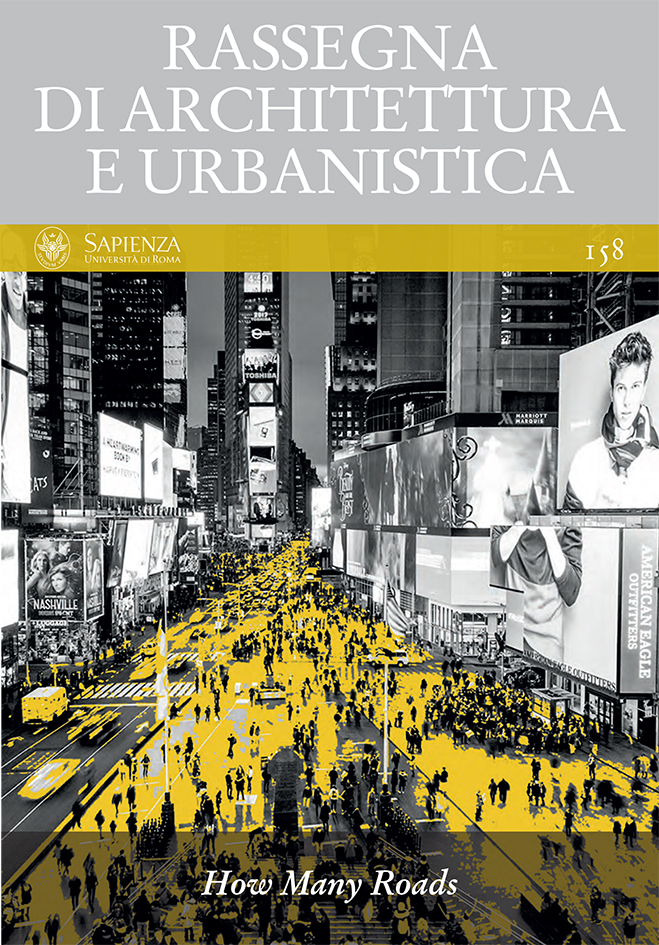Between 2 and 4 September 2020, URBiNAT consortium members that have most actively engaged in the setting up of Living Labs in the three URBiNAT Frontrunner cities, took part in the Digital Living Lab Days 2020. The event, exceptionally held online due to the Covid-19 situation, had 330+ registered participants. It took place over three days and was filled with interesting discussions, workshops and presentations. As was the case last year, it was a unique opportunity to exchange best practices with the representatives of similar projects and build up our Community of Practice. It is the second year URBiNAT has participated in this annual event organised by the European Network of Living Labs (ENOLL).
The report on the workshop organised by URBiNAT, entitled “connecting people and technology towards and citizen-centred digital future” can be viewed below.
During a webinar session URBiNAT invited participants to contribute to the process of co-creating nature-based solutions (NBS) in its cities’ Living Labs, by sharing how “urban community gardens” are being ideated.
Taking advantage of ongoing discussions and plans in URBiNAT’s Living Labs, which bring together municipalities, scientific partners, practitioners, citizens and stakeholders, the representatives of some of these local task forces shared a diversity of contexts around the issues of inclusiveness, sustainability and digital enablers in the development of the NBS.
These cases covered examples in Høje-Taastrup (Denmark), Khorramabad (Iran), Nantes (France), Nova Gorica (Slovenia), Porto (Portugal), and references to the URBiNAT cities of Siena (Italy), Sofia (Bulgaria) and Brussels (Belgium).
URBiNAT shared the development of tools that have been co-created to devise a framework with different key issues being taken into account for the development of urban community gardens e.g. culture, leadership, ownership, governance, and to ideate the design of this NBS according to a strength-based approach, identifying existing assets and possible resources. The interaction with DLLD participants contributed to further develop and validate these canvases, which took the form of mind maps.
Exchanges with DLLD participants also contributed to enriching the ideation process with concrete insights according to the specific challenges faced by URBiNAT cities and other inspiring examples, such as possible typologies and the connection to health, social aspects and communities of interest and practice.
Needless to say the URBiNAT project is keen to stay in contact with DLLD participants until the next edition of the OLLD in 2021.





